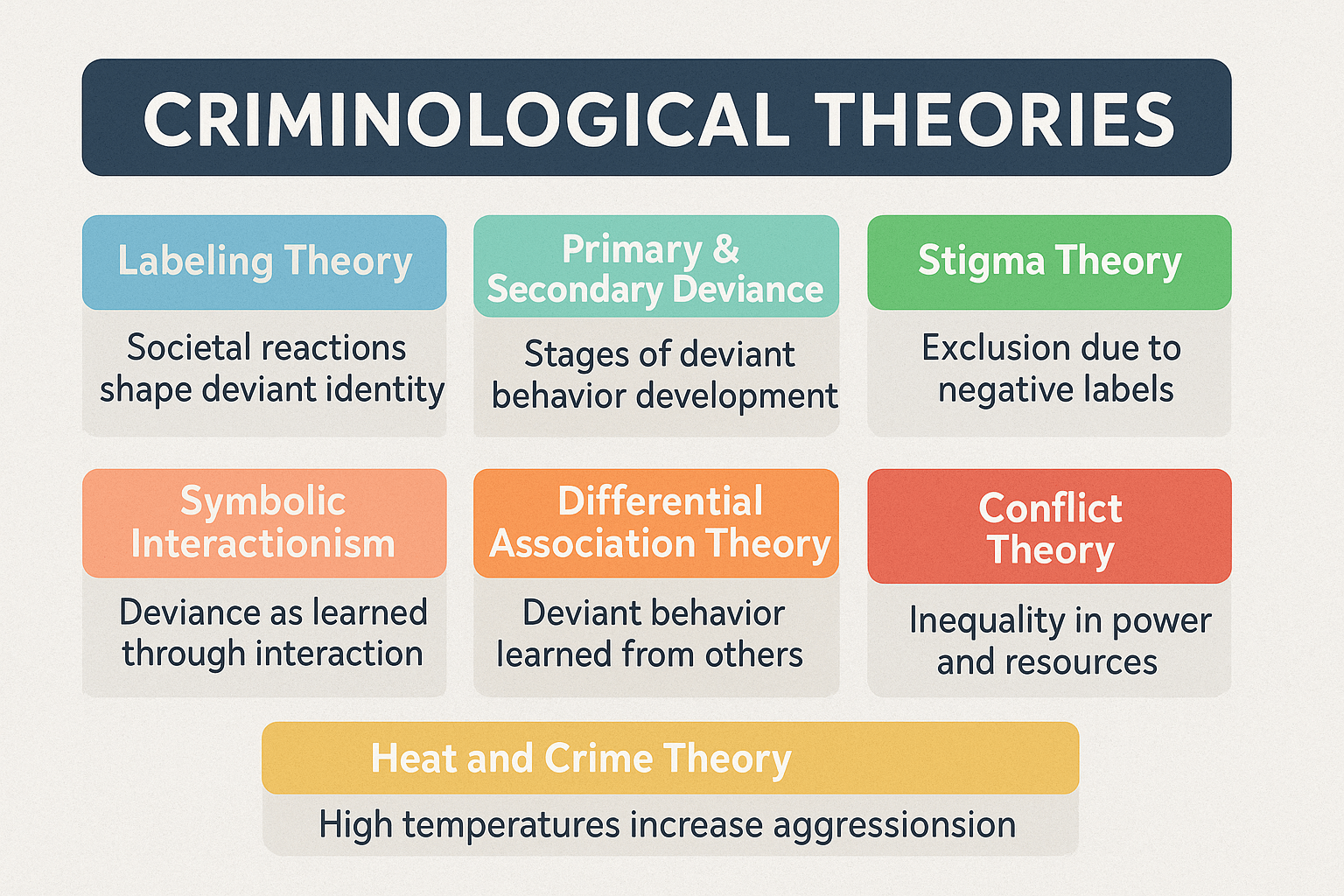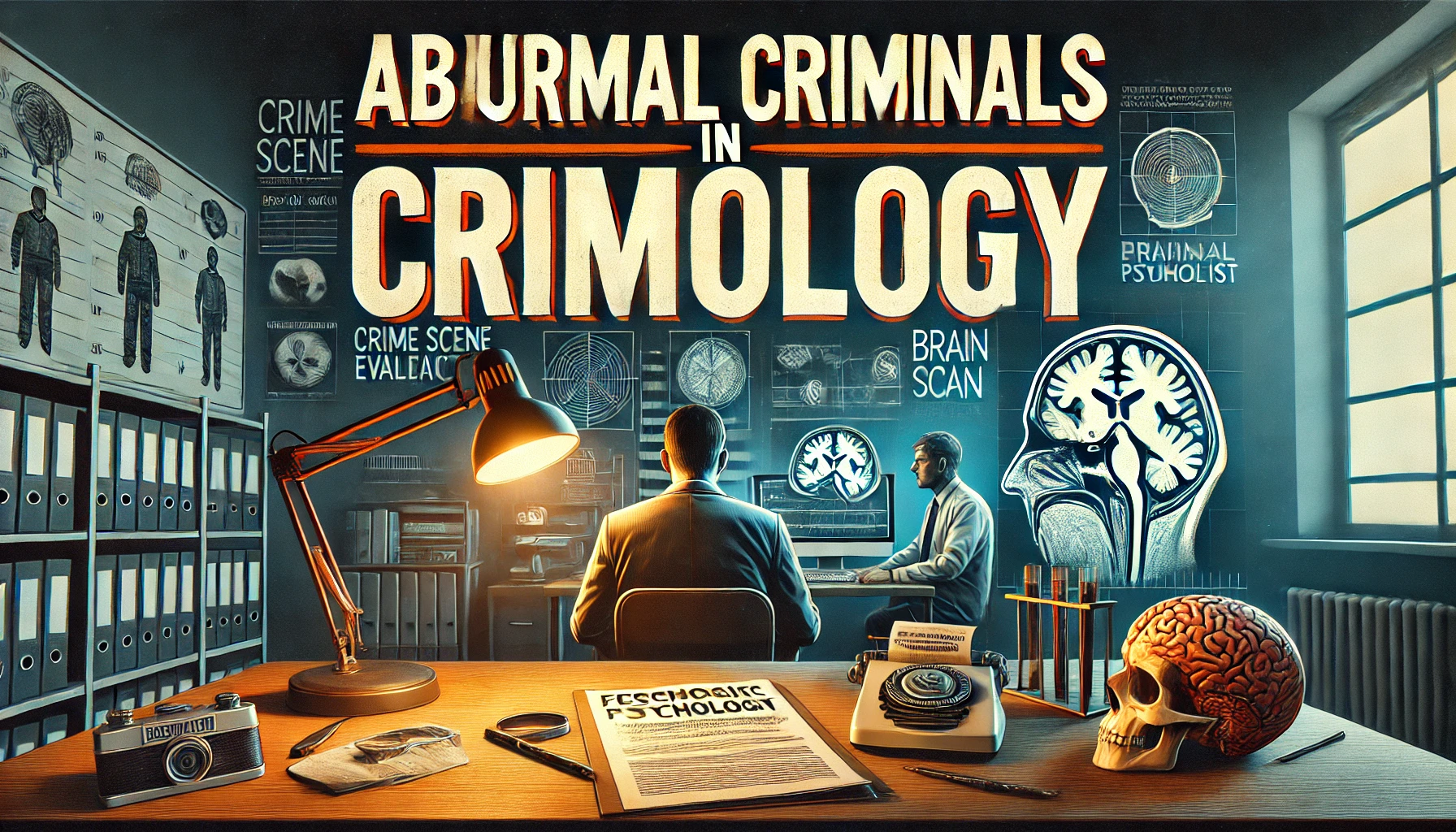Criminological Theories: Labeling, Stigma, Conflict, and More
Introduction to Criminological Theories Criminology is the scientific study of crime and criminal behavior. To understand the nature of crime, criminologists develop theories to explain why individuals engage in criminal acts. These theories encompass a variety of perspectives that focus on factors such as social reactions, psychological processes, environmental influences, and societal structures. In this … Read more




